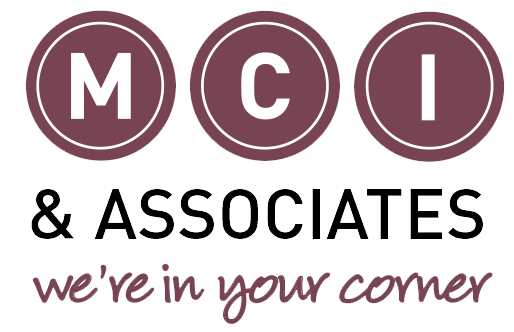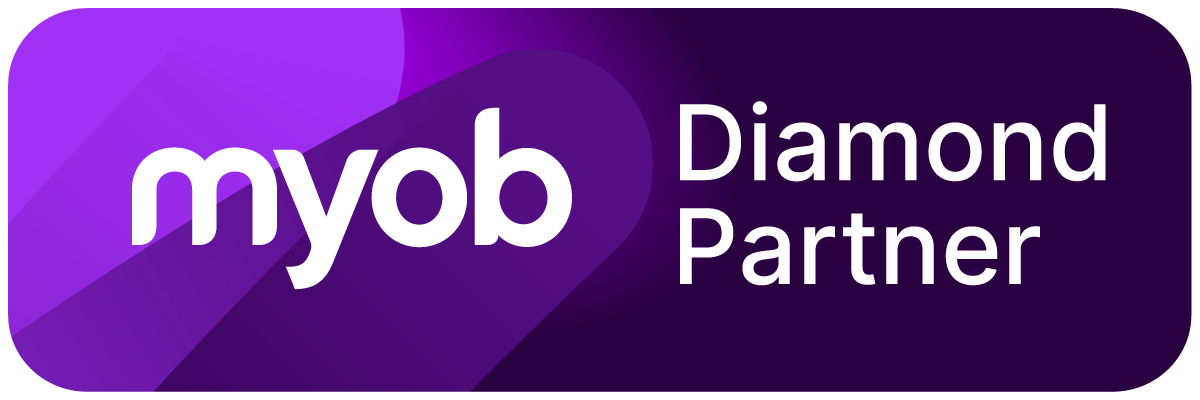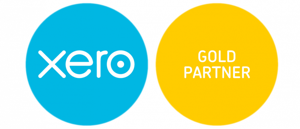Let’s Talk … Contract Milking
If you’re a dairy farm worker aspiring to take the next step to becoming self-employed, you may be considering contract milking. Completing due diligence on potential jobs and being aware of the compliance requirements of becoming self-employed, are important points to first consider.
Due Diligence
Before accepting a contract, calculate what your net income will be and compare that with what you could earn as a salaried farm manager. Often a contract milker, by the time they have paid ACC levies, insurance, advisory and operating expenses, will have a lower net income than a manager’s wage and receive less time off. Evaluate which is more important to you.
- Seek professional advice on the contract before signing it – know what is expected both by you and the farm owner. Have an accountant assess the calculations and see if they stack up. Note that there is no standard contract rate – it will vary depending on the farm owner and what you are required to do/supply.
- As a contract milker, you will provide labour and some basic equipment. This could include farm/quad bike(s) but if you’re entering into a larger operation you may need to provide additional equipment and employ your own farm worker, calf rearer or even a 2IC.
- Staff wages are likely to be your biggest expense. Other costs may include dairy shed cleaning materials and rubberware, electricity for the shed and also stock water, running expenses for the farm bikes and farm vehicles (fuel, servicing, repairs, WOFs, road user charges), and paying off any hire purchase agreements. It’s also important to consider depreciation - assets lose value over time so making an allowance to replace vehicles/plant is wise.
- You will also need to account for the business’ ability to pay for weekend staff, statutory holidays and annual leave for yourself and any staff employed. As a self-employed person you may not be able to take this time off, but the income should be able to support it.
Compliance Requirements
Being self-employed, you will be responsible for GST, employees, ACC levies, insurance, Kiwisaver, health & safety compliance, and your own taxes.
- GST returns will need to be prepared and filed with IRD and you will be responsible for pay-day filing and PAYE for employees. You should have public liability insurance in addition to your asset insurance. You will be responsible for making your own Kiwisaver contributions and for your own health & safety procedures.
- Tax and ACC levies won’t be due until nearly 18 months after your first year of operation. It’s beneficial to plan ahead for these costs, putting aside funds in a savings account so you’re not so stretched at the time of payment.
- And perhaps most importantly, being prepared ahead of time for the first winter when you’ll likely have no income, can be crucial. You will need savings or an overdraft/loan to cover this period. To begin planning for this, we suggest preparing a cash flow budget to pinpoint where your low cashflow points are.
For a more in-depth understanding of these aspects, MCI are always in your corner willing to help. Feel free to contact us today for local professional advice.




